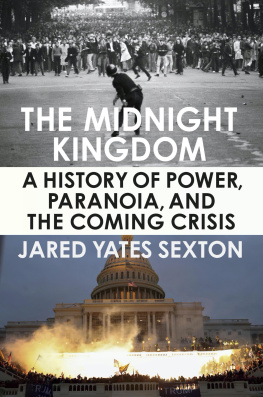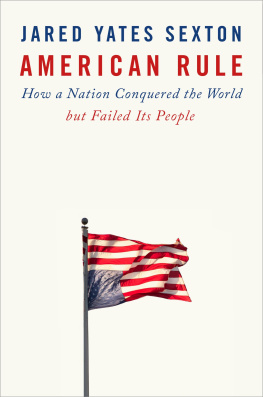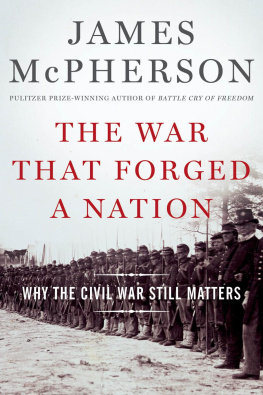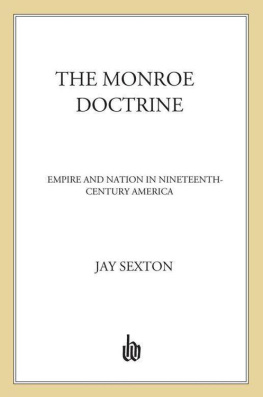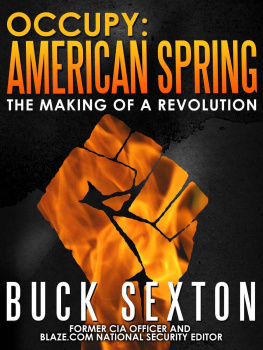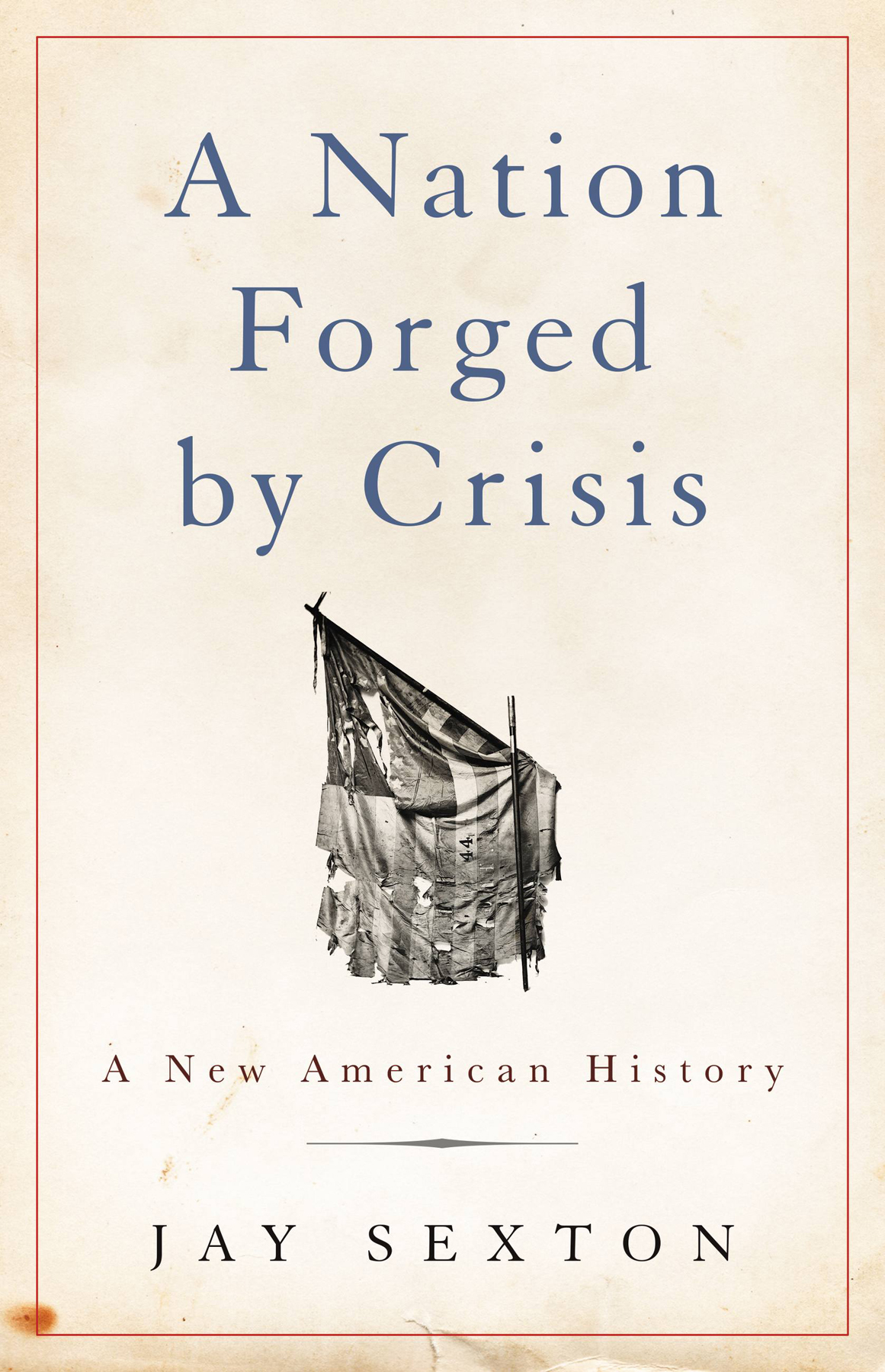N O WORDS IN American history are better known today than those of the second paragraph of the Declaration of Independence, which assert all Men are created equal, that they are endowed by their Creator with certain unalienable Rights, that among these are Life, Liberty and the Pursuit of Happiness. Americans have struggled to fulfill those ideals ever since. The bar could not have been set higher. The United States was the only country in the world that began with perfection and aspired to progress, as mid-twentieth century historian Richard Hofstadter memorably put it.
But for all the implications of the Declarations second paragraph, few at the time of its drafting considered it the most significant section of the document. It was the first and final paragraphs that were then understood to contain the most critical lines. Their objective was constitutional and diplomatic, not ideological. These passages were an attempt to demonstrate to audiences at home and abroad that the diverse inhabitants of the thirteen colonies
Thomas Jefferson drafted the Declaration at a moment of international instability and opportunity. The political crisis in Britains North American colonies threatened to trigger a second world war in as many decades. France awaited the opportunity to strike back at its British nemesis, whose 1763 victory in the Seven Years War had left it as the dominant European power in North Americaand with the burdens that led it to levy new taxes and assert its authority over its colonies. The rapidly growing population and economy of North America further destabilized the international order of the mid-eighteenth century. As North America boomed, thanks in part to an unprecedented increase in immigration and Atlantic trade, the political institutions of the British Empire struggled to adapt. Patriots declared themselves independent at a moment in which the aggregate power of the thirteen colonies was rapidly growing. Linkages between the Old World and the New were stronger than they had ever been. In fact, much of the patriots strength came from relatively recent British connections. The blockbuster pamphlet that had given the cause of independence such momentum, Thomas Paines Common Sense, published in January 1776, was authored by one of the eras many British emigrantsin Paines case, one who had arrived in North America
The Declaration of Independence was a bold gambit aimed at convincing wavering observers at home and abroadparticularly France, the Americans longtime enemy but now potential allythat the patriots had established a new country worthy of recognition and support. It is not choice then but necessity that calls for Independence, Virginian Richard Henry Lee pointed out in June 1776, as the only means by which foreign Alliances can be obtained; and a proper Confederation by which internal peace and union can be secured. Establishing political legitimacy was the critical next step for the rebellion, for it would pave the way to diplomatic alliances as well as further material support and foreign loans. This diplomatic goal was inseparable fromindeed, dependent uponthe union of the thirteen states. Foreign Powers could not be expected to acknowledge Us, John Adams argued in 1776, till We had acknowledged ourselves, and taken our Station among them as a sovereign Power, and Independent Nation. The position in which the American rebels found themselves offered them that rarest of political opportunities, a chance to create the world anew. The present time, Paine argued in 1776, is that peculiar time, which never happens to a nation but once, viz. the time of forming itself into a government. Most nations have let slip the opportunity, and by that means have been compelled to receive laws from their conquerors, instead of making laws for themselves.
The nations founding document, in short, was not only a statement of timeless principles but also an outward looking and
T HIS BOOK TELLS the history of the United States through the greatest periods of crisis in each century of its existence. It opens with the eighteenth-century Revolution and founding, when the thirteen colonies broke from the British Empire and created a new political union. Next comes the Civil WarAmericas second revolutionwhich witnessed the abolition of slavery and accelerated the nations international rise. Then we reach the protracted and interrelated crises of the mid-twentieth century: the Great Depression, the Second World War, andfinallythe onset of the Cold War. These periods of crisis were like violent earthquakes that forever altered the nations political landscape.
Traditionally, historians of the United States have given primacy to internal factors when explaining the nations development: long simmering social and political struggles that periodically have come to a boil, such as the campaign against slavery in the nineteenth century and the civil rights movement of the 1950s and
There is merit to these explanations, many of which inform the pages that follow. My argument is not that they are wrong, but rather that they are incomplete. The history of the United Statesparticularly its moments of crisiscannot be understood in a vacuum. Nations are more than repositories of individual rights and political traditions; they are configurations of power forged by geopolitical pressures. The United States that we know today bears the imprint of the international forces that have been placed upon it in the past: the booms and busts of the global economy, the ebbs and flows of human migration, and the violent fluctuations in the international order. The old shibboleth of American exceptionalismthat most persistent of nationalist myths, which posits that the course of US history has been the unique product of its internal formations, institutions, and ideologyhas obscured the ways in which the volatile forces of global integration have conditioned its development. Far from being an exceptional nation walled off from the world, the United States has always been entangled within iteven in those times in which Americans have attempted to limit their connections to the international system.


